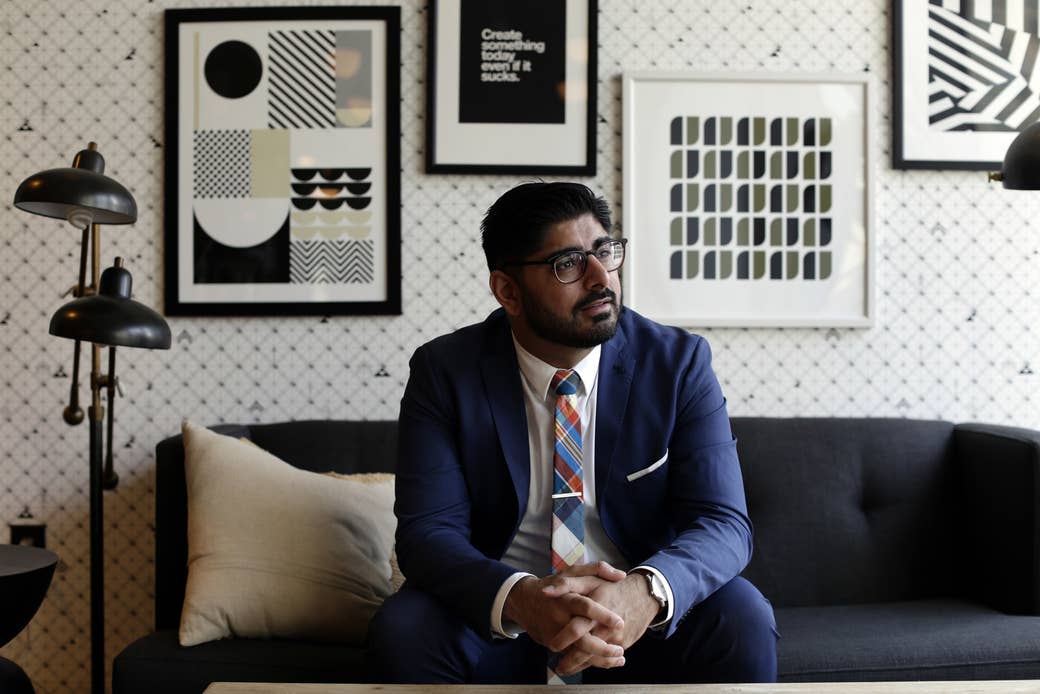
Pillars Fund first started in Chicago seven years ago, when a handful of powerful American Muslims pooled their resources together and began to help fund nonprofit Muslim groups in America. BuzzFeed reports that today the fund is “emerging as a powerful, behind-the-scenes engine of Muslim activism, a secret weapon in the war against the multimillion-dollar Islamophobia industry.”
Though the donors rarely speak out publicly about the fund (out of modesty and privacy concerns), lately they are being nudged into the spotlight due to the rise of anti-Muslim sentiment occurring in the nation. Pillars co-founder and Executive Director Kashif Shaikh says that despite this, he has been encouraged lately, especially given the role that Pillars plays in the national conversation about Islam. “Muslims are so beaten down right now and it’s kind of like, ‘Am I welcome here? Am I really welcome here?’” says Mr. Shaikh. “And in those moments, you need to create your own spaces.”
The charitable fund has approximately 25 Muslim donors with South Asian and Arab roots who work primarily in the fields of finance, tech, and medicine. The average age is 45, but not all the donors are millionaire, but they generously give like wealthy patrons. “The giving culture in our community is really, really strong,” comments Mr. Shaikh. “That’s a function of the religious component, but it’s also, like, ‘I get it, nobody else is going to do it.’”
2016 was the Pillars Fund’s biggest year yet, with a million dollars in outside funds, and, according to BuzzFeed, a quest to ‘‘do something about the rise of President Donald Trump and his anti-Muslim, anti-immigrant policies. Donors across the country wanted to give to groups fighting Trump’s message, but they had few inroads into US Muslim civil society.”
Kalia Abiade is the Director of Programs at Pillars, and says the objectives for selecting the grant recipients is to showcase the most groundbreaking Muslim initiatives of the nation. BuzzFeed reports that the grantees are a diverse lot. “There are strictly service-oriented grantees such as Muhsen, which provides Braille Qur’ans and sign language interpretation to make mosques more accessible to Muslims with disabilities. There are grantees devoted to the study of US Muslims, such as the Institute for Social Policy and Understanding, a polling house and research center. And there are grantees that tackle Islam’s role in pop culture, such as Halal in the Family, a web series about a fictional Muslim family developed by comedian Aasif Mandvi of The Daily Show.”
“One of the first things we did was sit down and look at these groups, which do great work year after year, and ask the bigger question: What is it that they all do together?” says Ms. Abiade. “What is the change we’re trying to create?”



